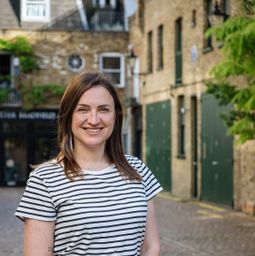Is industrial heritage an agent of gentrification II?
My Session Status
The proposed session will examine the unfolding relationship between industrial heritage and those left behind in adjoining deindustrialized working-class areas. The four papers seek to understand the socio-economic and political impact of recognizing the industrial past in the present. Two guiding questions will be asked. Can industrial heritage support those ‘left behind’ in deindustrialized areas where nothing, or very little, has filled the economic or cultural vacuum? Has industrial heritage served as an agent of gentrification, displacing long-time residents in adjoining neighbourhoods? And, if so, how can we imagine an industrial heritage that works for, rather than against, working people? The session draws together leading scholars from Europe, North America and Australia to consider these foundational political questions.
Sub Sessions
Though Barcelona has become a center for cultural tourism since the 1992 Olympic Games, the city has historically had an economy and identity shaped by its port and manufacturing. To make way the development of the Olympic Village, the entire district of Icària was demolished, leaving only the chimney of the Folch distillery and a beach bearing the name of the former working-class neighborhood. In the following years, the adjoining Poblenou area—known as “the Catalan Manchester”—has been tran...
In the UK and in many other European and Noth American countries, industrial sites have been regenerated over the past decades and turned into vibrant mixed developments, with vacant industrial warehouses being converted into residential units, shops and cultural uses. It is well accepted that these interventions have contributed to the preservation of the tangible industrial heritage, as many buildings have been saved from demolition through adaptive reuse. But there is an intangible side...
The concept ‘arts-led regeneration’ is nowadays one of the trendiest slogans for the transformation of contemporary cities. Despite this fact, it has been observed that, usually, implemented policies are far from meeting the expectations and promises made on paper. In that sense, we argue that the term ‘arts-led regeneration’ is commonly misused or overused. This type of regeneration can be connected with Richard Florida’s theories concerning the ‘Creative City’, a concept bro...




Discussion